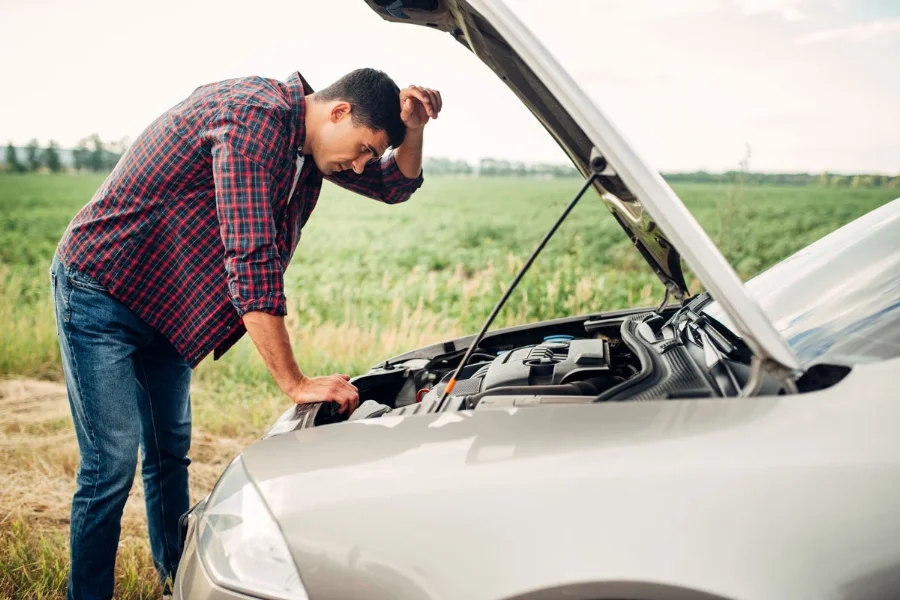How To Prevent Common Summer Car Malfunctions
During the summer months, your car may be more prone to performance problems than you realize.
Malfunctions are especially frustrating if you’re embarking on a long road trip, driving your family to your vacation destination, or just love to cruise scenic views on sun kissed afternoons. The last thing you want is to get stranded on the freeway or in a remote spot on a scorching day.
What are the most common car malfunctions you might face over summer and how can you prevent them?
Overheated Engine
Getting too hot is bad for your body, and it’s no better for your car either. High temperatures contribute to overheating engines, and the problem is only exacerbated by a faulty cooling system.
Your cooling system is made up of a water pump, radiator, hoses, belts, a fan, and a thermostat. Each of these works in unison to minimize heat in your engine and keep it at a safe, stable temperature.
Without effective cooling, your car will end up working harder and your engine will fail.
If your cooling system is years old or has become damaged in some way, it won’t be able to manage heat levels properly. The hose may break or the water pump could stop, causing severe problems.
Pay attention to the water temperature gauge on your dashboard: if it rises above its normal level, you should get it checked out as soon as possible.
Neglecting this could leave you breaking down in blistering heat. You should always keep your coolant topped up too, just in case.
Flat Tires
Tires can flatten or get punctured at any time of the year, but hot roads can place even more stress on them. As a result, your tires may be more likely to deflate in warmer months than the cooler seasons.
There’s not a huge amount you can do to combat hot tires. As always, you should check your tire pressure and alignment regularly, at least once per month. Make sure you look out for sharp objects that may have penetrated your tires (nails, shards of glass etc.), and have them removed as soon as possible.
Try to park in the shade, so your tires spend less time in direct contact with hot concrete / tarmac.
Always carry a spare tire over the summer, along with the necessary tools. If changing a tire is outside your comfort zone or you physically can’t do it, be sure to have your local towing firm’s number.
Dead Battery
Summer can be tougher on your car battery than you might realize, more so than winter. Prolonged exposure to high temperatures and hours of humidity can have a negative impact, causing your battery to run down faster than it should.
If your car battery is more than around three years old, it’s worth having it tested to check its performance. If it’s likely to fail in exposure to higher temperatures, you should consider having it replaced.
Most batteries need to be replaced at intervals of between three to five years, so have yours examined next time your car is serviced. You should check the battery’s terminals for signs of corrosion too, and you could catch it early.
Oil Pressure Issues
Engine oil has to work harder to keep your engine lubricated and performing at its best in the summer months.
The oil gets hotter and loses its viscosity as temperatures rise, meaning it can’t actually lubricate as well as it should. Without the oil working at full capacity, the components in your engine will grind together harder and become more prone to failure.
Make sure you’re using the right motor oil for your vehicle and have the engine checked regularly, to identify potential problems with its components.
This information was brought to you by Dennis Towing, Burnaby’s leading towing company

